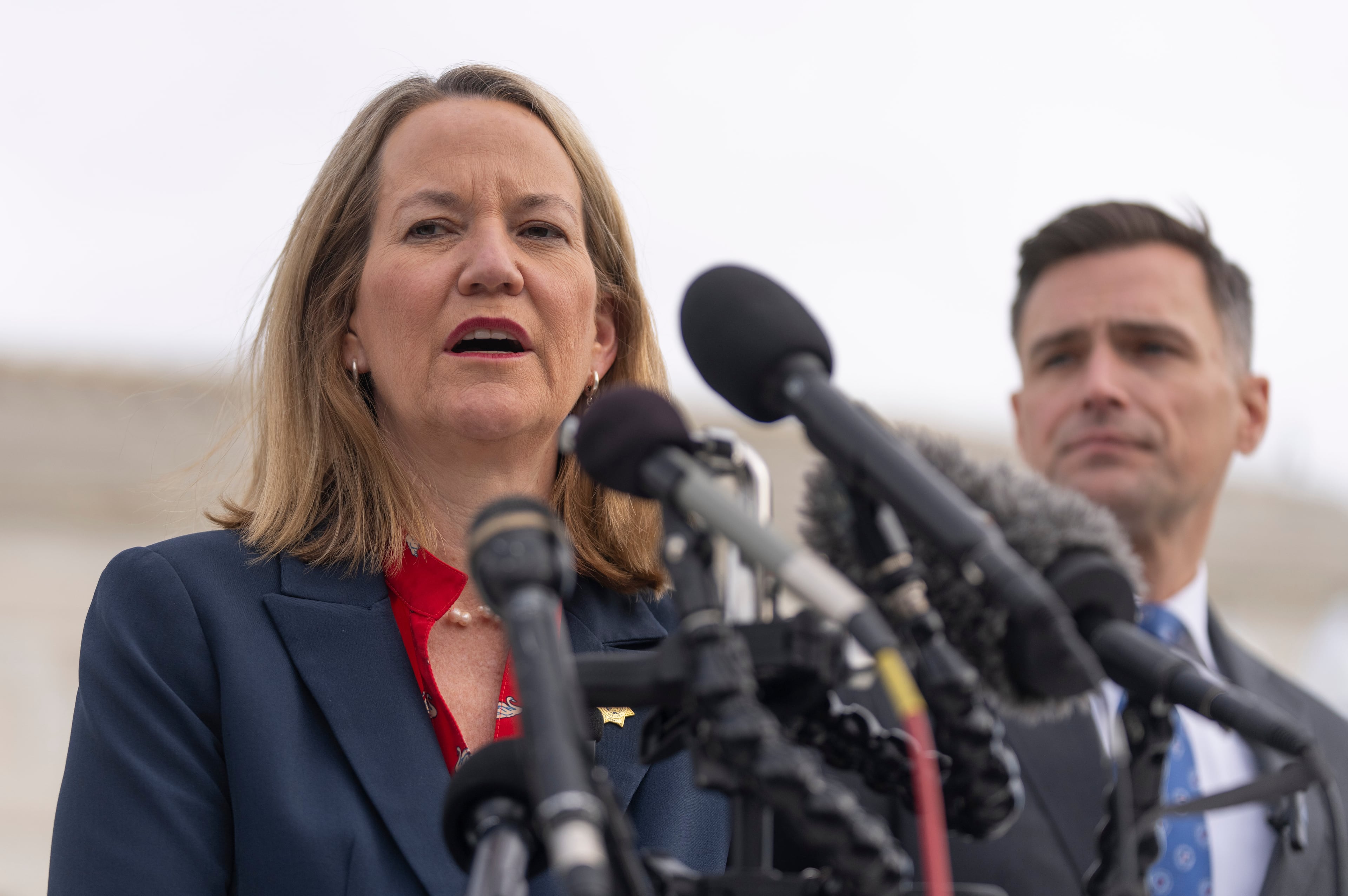Reform 340B drug discount program for the sake of low-income Georgia patients
The nonpartisan Congressional Budget Office released a bombshell new report in September about an originally well-intentioned health care program that has gone off the rails — one enriching middlemen in the drug supply chain while saddling patients, employers and taxpayers with billions in additional costs.
The program has been plagued by abuse for years, and it’s why my colleagues and I just reintroduced a bill to get the program back on track.
More than three decades ago, Congress created the 340B Drug Pricing Program to help safety-net hospitals better care for low-income and uninsured patients. Unfortunately, it has morphed into a system that too often enriches middlemen at the expense of vulnerable Georgians.
340B requires drug manufacturers to provide discounts to hospitals and clinics that treat underserved populations, with the idea that those providers pass along their savings to patients. But the program has grown far beyond its intent, with little oversight and virtually no transparency. Today, 340B is a profit engine for big health systems and middlemen, while community clinics, rural hospitals, and patients in need are left behind.
Transparency is lacking and Ga. counties are underserved
The stakes are particularly high in Georgia. Roughly two-thirds of our counties are shortage areas for dental care, mental health and primary care: 141 of 159 Georgia counties have underserved areas or populations, according to the Georgia Budget & Policy Institute.

Sixty-five counties have no pediatrician; nine have no doctor at all. Our rural hospitals face enormous strain — nine have closed since 2010. These are the very communities Congress had in mind when it created 340B, yet they see few of the benefits.
Instead, large health systems have figured out how to turn 340B into a lucrative revenue stream, per a Wall Street Journal report. They buy medicines at steeply discounted prices — sometimes more than 50% — but bill insurers and patients the full price, pocketing the spread. They accomplish this in part by choosing to contract with pharmacies in wealthy neighborhoods where they can sell drugs at steep markups.
Rather than using their savings to lower costs for patients, many hospitals reinvest their profits into acquiring independent clinics.
In fields like oncology and hematology, hospital systems flush with 340B dollars are buying up community clinics that deliver care close to home. For Georgians battling cancer, chemotherapy can cost 60% more once a hospital acquires a community infusion center. Patients are left with fewer choices, higher bills and longer drives to get the treatments they need.
Employers and taxpayers feel the strain as well. The growth of 340B has increased insurance costs for Georgia’s private-sector employers by almost $187 million, and another $27 million for state and local government health plans.
Perhaps most concerning is that we don’t even know where the money goes. Hospitals are not required to disclose how they use their 340B savings, so there’s no guarantee that the discounts reach low-income or uninsured patients. For a program that has ballooned to tens of billions of dollars annually, per the Health Resources and Services Adminstration, that lack of accountability is unacceptable.
Bill in Congress would reform the discount program
This is why Congress must ensure that the 340B program works for patients and taxpayers, not against them.
My legislation, the 340B ACCESS Act, would require facilities to pass their discounts on drugs to low-income patients. It would reduce health systems’ incentives and ability to partner with for-profit contract pharmacies and middlemen in wealthy neighborhoods at the expense of underserved ones. And it would tighten eligibility requirements so that only true safety-net providers, and their patients, reap the benefits.
Reform would also help protect the independence of community clinics and physician practices. By curbing the financial incentive that drives health care consolidation, we can keep care local, affordable, and patient-centered.
With these sorts of commonsense reforms, we can ensure that 340B serves vulnerable families in Georgia and across the nation, just as Congress originally intended. This issue demands action, and I hope my colleagues on both sides of the aisle will join me in addressing it.
Republican U.S. Rep. Buddy Carter represents Georgia’s District 1 (Savannah area) in the U.S. House of Representatives. Carter, a pharmacist and longtime business owner, announced his run for the 2026 GOP Senate primary and seeks to challenge incumbent Democratic U.S. Sen. Jon Ossoff in the general election.


